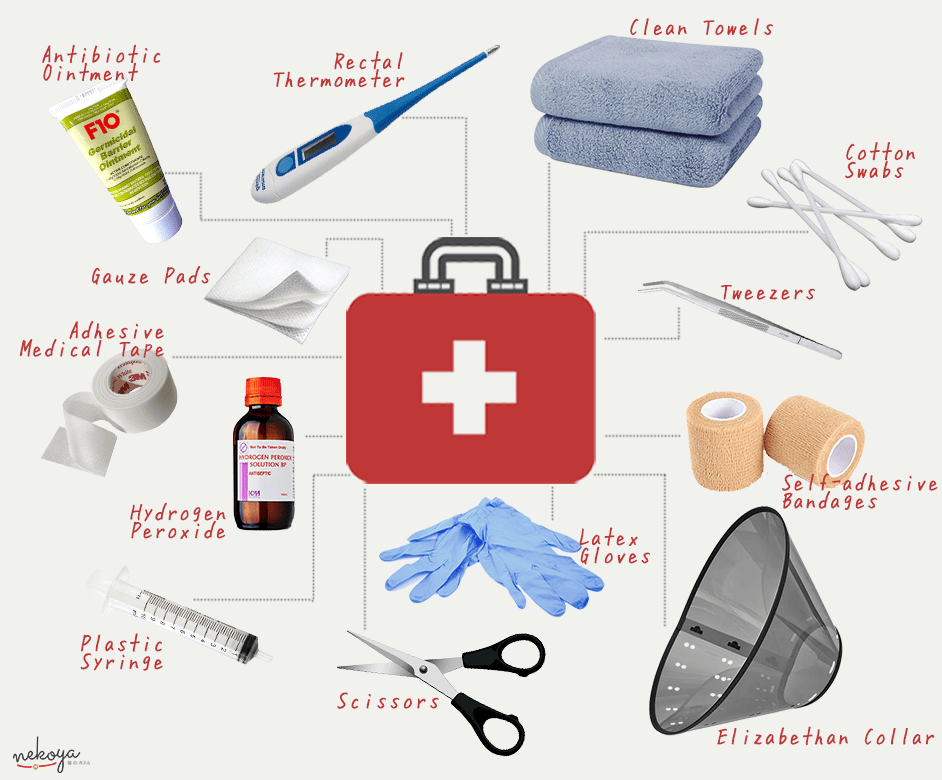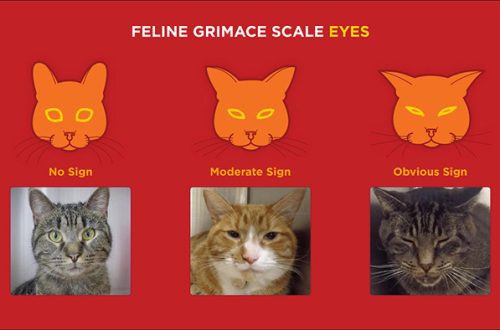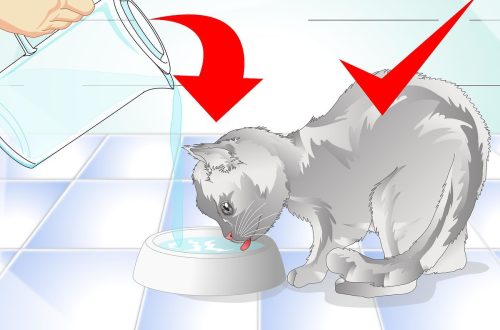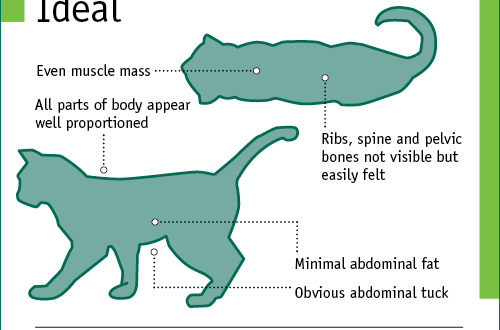
First aid for a cat
Contents
If the cat is sick
Usually the disease is manifested by lethargy, refusal to eat, vomiting or diarrhea, impaired urination, fever. In this situation, it is important to contact the veterinary clinic in a timely manner. Of course, if the cat vomited once in the evening, but at the same time she feels fine, then you can watch until the morning and only then decide on a trip to the clinic. But if a small kitten had repeated vomiting, while he refused food all day, then it is better to go to the clinic as soon as possible, even at night, as the kittens lose strength too quickly, and they become dehydrated very quickly.
It is important to know
Never give cats medicines intended for humans, especially antipyretics and pain relievers, many of which are extremely toxic to cats.
Fall from a height, car accident
Such incidents are usually accompanied by fractures, injuries or ruptures of internal organs. In this situation, it is important to deliver the pet to the nearest veterinary clinic as soon as possible. When transporting, extreme care should be taken: you cannot transport a cat in your arms or in a soft carrier, only on a rigid flat base – the lower part of a rigid collapsible container is well suited. In the presence of fractures, do not try to apply splints or bandage yourself, this can lead to pain shock and greatly worsen the condition of the cat. Be sure to contact the clinic on the way, warn that you are carrying a serious patient, and follow the doctor’s recommendations.
Fights with other cats
After a skirmish between animals, carefully examine your pet – often bites or wounds from claws are invisible due to the coat. Cat bites very often become infected and suppurate. If necessary, treat all detected wounds with an antiseptic solution (but not brilliant green!) And schedule a visit to the veterinary clinic in the near future.
Skin burns
In this case, it is necessary to substitute the burned area under a stream of cold water as soon as possible and try to keep the cat for 5 minutes – this will reduce the degree of damage to the underlying tissues and reduce pain. Do not apply ointments and creams to the burned area. Use sterile saline-soaked gauze to protect burned skin during transport to the clinic.
If paint, fuel oil, household chemicals got on the cat’s fur
Then the first thing to do is to prevent the possibility of licking, that is, put on a protective collar. Attempts should be made to wash or otherwise remove the substance from the coat, warm water and dish soap will do, clipping the coat, but do not use acetone or any other solvents.
Poisoning with household chemicals, medicines, plants
In such a situation, it is necessary to find the package from the alleged poisonous substance, carefully read the instructions.
If your cat has been chewing on houseplants, you should take a sample of the plant with you to the clinic (or take a photo) so that the doctor can determine what toxins are dealing with and choose the right specific treatment. After that, you need to contact the veterinary clinic or your doctor and follow their instructions.
electric shock
First of all, you need to turn off the power source if you are dealing with an electrical appliance. Then, without touching the cat with bare hands, you should move it away from the source of electricity – wooden objects are best suited for this. Remember that liquids are good conductors of electricity.
After the effect of the current is stopped, it is necessary to check the presence of respiration and heartbeat, and if necessary, perform artificial respiration and heart massage. And immediately go to the veterinary clinic.





